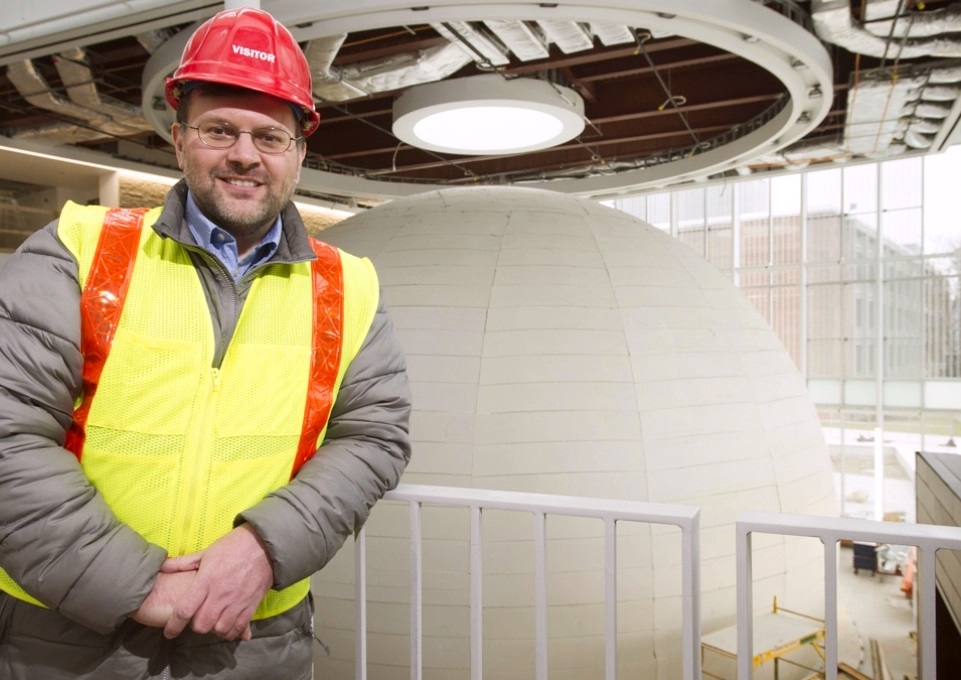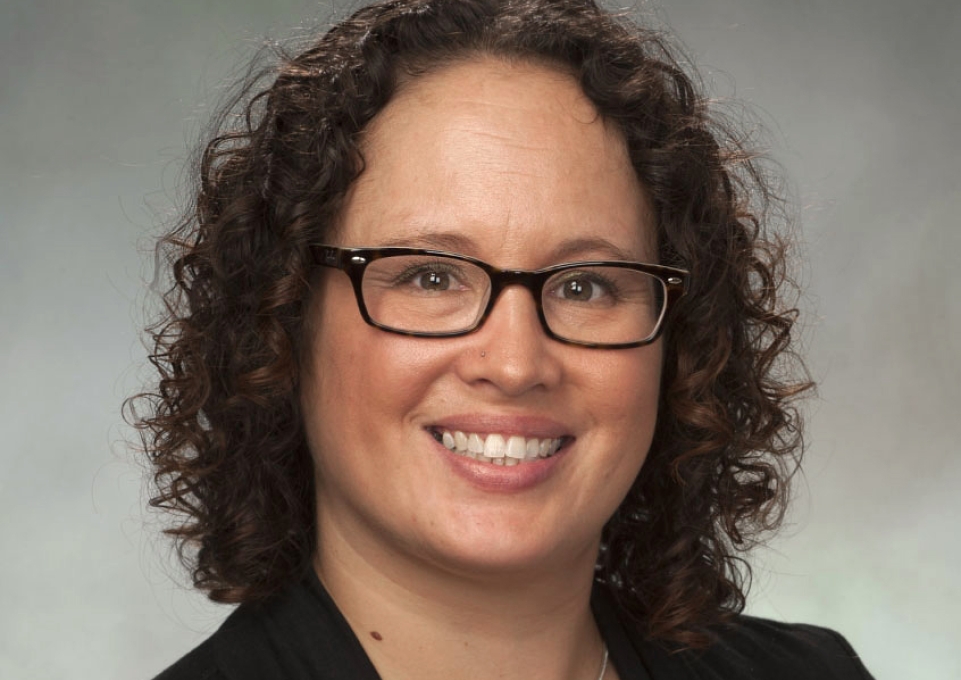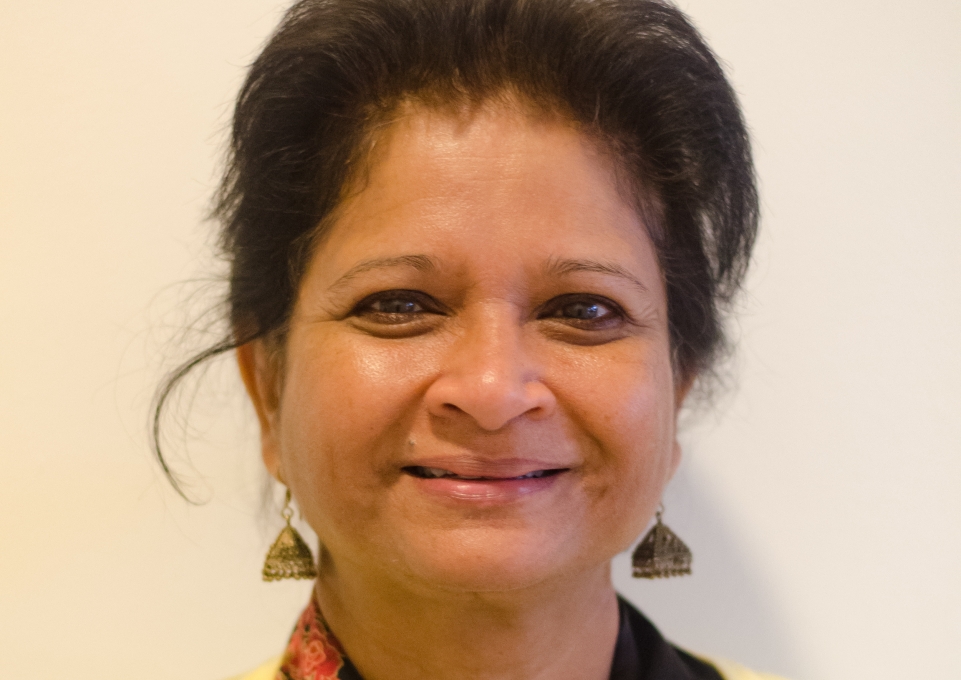
Kevin Williams
Kevin Williams helped name the Mars 2020 rover.
Williams, director of Buffalo State’s Whitworth Ferguson Planetarium and associate professor of geosciences, was one of many judges of the nationwide contest to name the rover. For Williams, serving as a judge was a great way to see how the process worked.
“I wanted to understand better how it’s done,” Williams said. “I had known that they run these competitions in the past, but you don’t really hear much about the details of the process. By being a part of it, I could see how it all worked.”
The Contest
The naming contest is part of a Space Act Agreement in educational and public outreach efforts between the National Aeronautics and Space Administration (NASA); Battelle, a private technology company headquartered in Columbus, Ohio; and Future Engineers LLC, an online education program based in Burbank, California.
The contest was open to K–12 students across the country. Some submitted names as groups or classes of students, some as individuals. Each included a rationale for why their name should be selected for the rover.
The contestants were reduced to 155 semifinalists, representing every state and grade level across the United States, by a panel of 4,700 judges. Through each round of voting, the number of contenders was narrowed, ultimately reaching the nine names currently under consideration.
Williams was also interested in seeing some of the suggestions that were not chosen. For his part, he received 60 names. “There were some really creative names that students came up with,” Williams said.
The Finalists
Most would agree, the nine finalists are all names fitting for a mission to Mars: Endurance, Tenacity, Promise, Perseverance, Vision, Clarity, Ingenuity, Fortitude, and Courage.
“From my perspective, it’s a great way to get a lot of students and teachers excited about the upcoming rover because they’re actively taking part in it,” Williams said, referring to the contest.
In March 2020, seventh grader Alexander Mather from Burke, Virginia, was announced as the winner of NASA's 'Name the Rover" essay contest. Mather's entry of Perseverance was voted tops among the 28,000 entries submitted.
"...it’s a great way to get a lot of students and teachers excited about the upcoming rover because they’re actively taking part in it,”
About the Rover
The rover, which is a “robotic scientist” weighing more than 2,300 pounds, will carry out a variety of tasks when it reaches Mars. Because of advances in technology, this rover will be able to do things previous rovers were unable to do, Williams said, including “going to a location that we haven’t been before.”
One of the many scientific instruments this rover will be equipped with is a ground-penetrating radar, Williams said, which can be used to look at the geology below the planet’s surface.
“One use of GPR is to look for ground ice,” he said, adding that he’s done similar work in the Arctic. “In some cases, it’s like blocks of ice not too far below the surface. With Mars, that’s important, because ice will be an important resource for future human exploration. You need water.”
The new rover will also be able to pick up samples from Mars and analyze them, Williams said.
Overall, he said, the naming contest and naming the rover itself make it an easier topic for discussion.
“It makes it more approachable for people to talk about the rover.”



